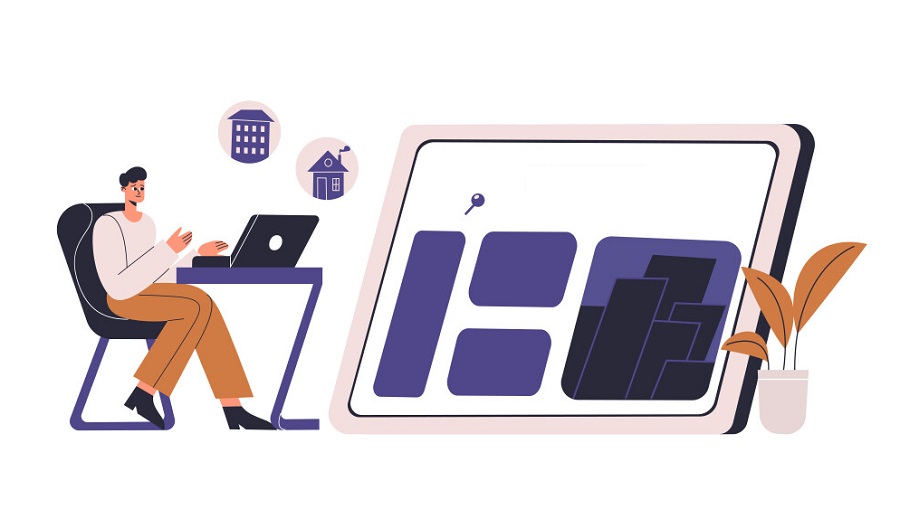Mortgage loans are fundamental financial tools that empower people to purchase homes without the need to pay the entire cost upfront. These loans are gotten by the actual property, guaranteeing that lenders have a safety net on the off chance that the borrower defaults on their payments.
Types of Mortgage Loans
● Fixed-Rate Mortgage Loans: These loans have a reliable interest rate all through the term, making monthly payments predictable.
● Adjustable-Rate Mortgage Loans (ARM): The interest rate for ARMs fluctuates in view of market conditions, which can bring about changing monthly payments.
● FHA Loans: Upheld by the Federal Housing Administration, these loans are great for first-time homebuyers with lower credit scores or more modest down payments.
● VA Loans: Accessible to veterans and well-trained help individuals, VA loans frequently offer great terms and don’t need a down installment.
Benefits of Mortgage Loans
● Homeownership: The clearest benefit is the capacity to claim a home, which can give long-haul financial soundness and a feeling of achievement.
● Tax Benefits: Mortgage interest payments are, in many cases, tax-deductible, which can lessen your general tax trouble.
● Fixed Monthly Payments: With a fixed-rate mortgage, your monthly payments continue as before, making budgeting easier.
How You Can Apply for a Mortgage Loan Online?
In the present digital age, it’s easier than at any time in recent memory to “Apply For Mortgage Loan Online“. The interaction can be completed from the comfort of your home, saving you time and effort. Here is a step-by-step guide:
1. Research Lenders: To find the best mortgage loan rates and terms, start by examining different lenders. Check out what banks, credit affiliations, and online lenders offer that might be of some value.
2. Check Your Credit Score: Your credit score is an essential thought in figuring out your mortgage loan eligibility and interest rate. Acquiring a copy of your credit report can allow you to affirm that your interest rate is accurate.
3. Gather Documentation: Lenders will require a few reports to deal with your “Mortgage Loan“ application. Commonly required items include:
● Proof of income
● Employment verification
● Bank statements
● Identification
4. Pre-Qualification: Numerous lenders offer pre-qualification tools online. Pre-fitting the bill for a mortgage loan provides you with an estimate of how much you can borrow and what your monthly payments may be.
5. Complete the Online Application: Whenever you’ve picked a bank, finish up their online mortgage loan application form. Be prepared to give nitty-gritty information about your financial situation, employment, and the property you wish to purchase.
6. Submit Documentation: In the wake of submitting your application, you’ll have to transfer the expected documentation. This should normally be possible safely through the moneylender’s online entryway.
7. Wait for Approval: The moneylender will review your application and documentation while you wait for approval. It could require anywhere from several days to a portion of a month to complete this cooperation. Additional information or clarification may be searched for at this point.
8. Mortgage Loan Terms: At whatever point upheld, you’ll receive a loan estimate detailing the terms of your mortgage loan, including the monthly portion, interest rate, and closing costs. Carefully read this over to guarantee it addresses your issues.
9. Closing: When you consent to the terms, you’ll continue to the closing stage. This includes marking the final paperwork and paying any essential expenses. The moneylender will then support your mortgage loan, permitting you to take responsibility for your new home.

